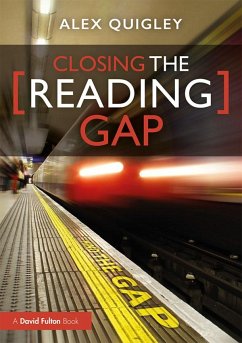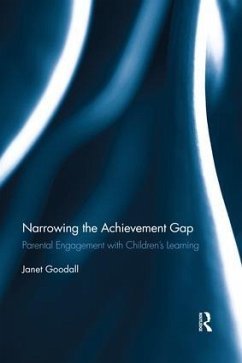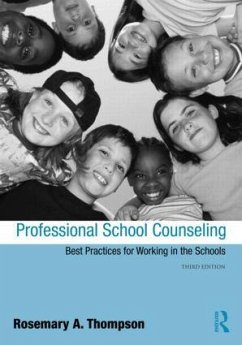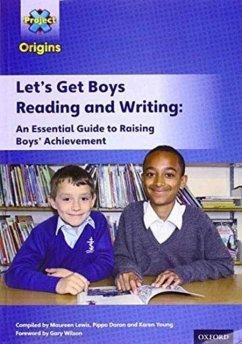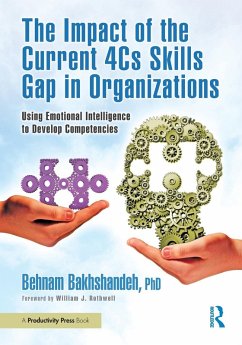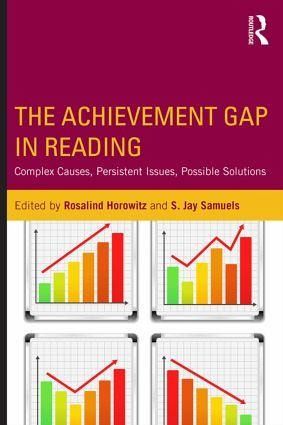
The Achievement Gap in Reading
Complex Causes, Persistent Issues, Possible Solutions
Herausgeber: Horowitz, Rosalind; Samuels, S. Jay
Versandkostenfrei!
Versandfertig in 1-2 Wochen
55,99 €
inkl. MwSt.
Weitere Ausgaben:

PAYBACK Punkte
28 °P sammeln!
In this volume prominent scholars, experts in their respective fields and highly skilled in the research they conduct, address educational and reading research from varied perspectives and address what it will take to close the achievement gap-with specific attention to reading. The achievement gap is redefined as a level at which all groups can compete economically in our society and have the literacy tools and habits needed for a good life. Bringing valuable theoretical frameworks and in-depth analytical approaches to interpretation of data, the contributors examine factors that contribute t...
In this volume prominent scholars, experts in their respective fields and highly skilled in the research they conduct, address educational and reading research from varied perspectives and address what it will take to close the achievement gap-with specific attention to reading. The achievement gap is redefined as a level at which all groups can compete economically in our society and have the literacy tools and habits needed for a good life. Bringing valuable theoretical frameworks and in-depth analytical approaches to interpretation of data, the contributors examine factors that contribute to student achievement inside the school but which are also heavily influenced by out-of-school factors-such as poverty and economics, ethnicity and culture, family and community stratifications, and approaches to measurement of achievement. These out-of-school factors present possibilities for new policies and practice. The overarching theme is that achievement gaps in reading are complex and that multiple perspectives are necessary to address the problem. The breadth and depth of perspectives and content in this volume and its conceptualization of the achievement gap are a significant contribution to the field.





